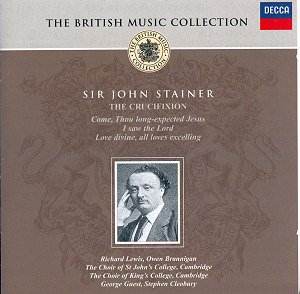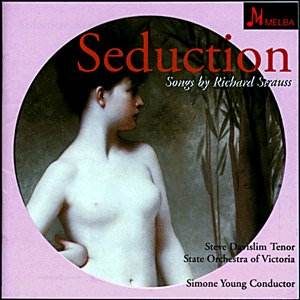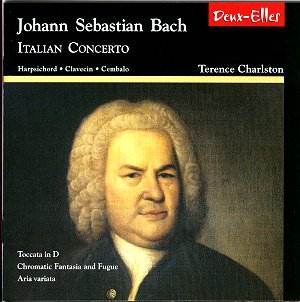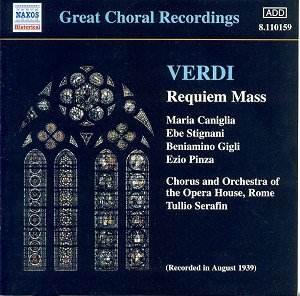 Composer: Sergei Prokofiev
Composer: Sergei Prokofiev
Works: Violin Concerto No. 1 in D major, Op. 19; Romeo and Juliet (selections from the two suites)
Performers: Václav Hudecek (violin), Czech Philharmonic Orchestra, David Oistrakh (conductor)
Recording: Smetana Hall, Municipal House, Prague, 20 May 1972
Label: Supraphon SU 0216-2011
Sergei Prokofiev’s contributions to the violin repertoire, particularly his Violin Concerto No. 1, embody a complex interplay of lyricism and dissonance, reflecting the composer’s turbulent experiences during the early 20th century. Composed in 1917, amid the chaos of the Russian Revolution, this concerto stands out for its innovative use of the violin as a vehicle for both haunting melodies and virtuosic display. The selections from “Romeo and Juliet,” crafted from the ballet score in 1935, further demonstrate Prokofiev’s ability to weave emotional narratives through music, with vivid depictions of love, conflict, and tragedy.
Václav Hudecek’s interpretation of the Violin Concerto is one of striking individuality. His playing, while perhaps lacking the baritonal depth of Oistrakh’s renowned interpretations, showcases a brilliant responsiveness and a keen sense of drama. Hudecek’s sound is characterized by a bright, agile tone that glimmers through the intricate passages of the first movement. In the slow second movement, he captures the poignant melancholy inherent in Prokofiev’s writing, particularly in the soaring lines that evoke a deep sense of longing. Notably, Hudecek’s articulation of the quicksilver glissandi in the final movement reveals both technical prowess and an understanding of the work’s emotional core.
The recording quality from Supraphon, although captured in the 1970s, retains a satisfying clarity that allows the listener to appreciate the nuances of the orchestration. The Czech Philharmonic Orchestra under David Oistrakh’s baton offers a robust accompaniment, adeptly balancing the soloist’s delicate passages with the orchestral swells. The occasional imperfections typical of live performances, such as the saxophone’s stutter in “Montagues and Capulets,” do not detract significantly from the overall experience; rather, they impart an authentic, vibrant energy to the recording.
When examining the selections from “Romeo and Juliet,” Hudecek’s interpretative choices shine through, particularly in the contrasting sections of “Death of Tybalt.” Here, the technical challenges are met with impressive bravura. The orchestral textures are meticulously shaped, with the interplay between strings and woodwinds bringing the narrative to life. Hudecek’s ability to handle the rhythmic complexities of the “Dance of the Maids from the Antilles” adds further dimension to his performance, showcasing both his technical facility and interpretative insight.
Comparatively, while this recording does not usurp the established benchmarks set by Oistrakh or Kogan, it stands as a commendable representation of Prokofiev’s works in the hands of a deserving artist. Hudecek’s distinct approach, coupled with the quality of the Czech Philharmonic, presents an interpretation that is both thoughtful and engaging.
This release serves as a compelling testament to Prokofiev’s genius and Hudecek’s artistry, offering a rich listening experience that is both historically significant and artistically satisfying. The fusion of virtuosic display with deeper emotional resonance encapsulates the essence of Prokofiev’s violin writing, making this recording a noteworthy addition to the existing discography.



